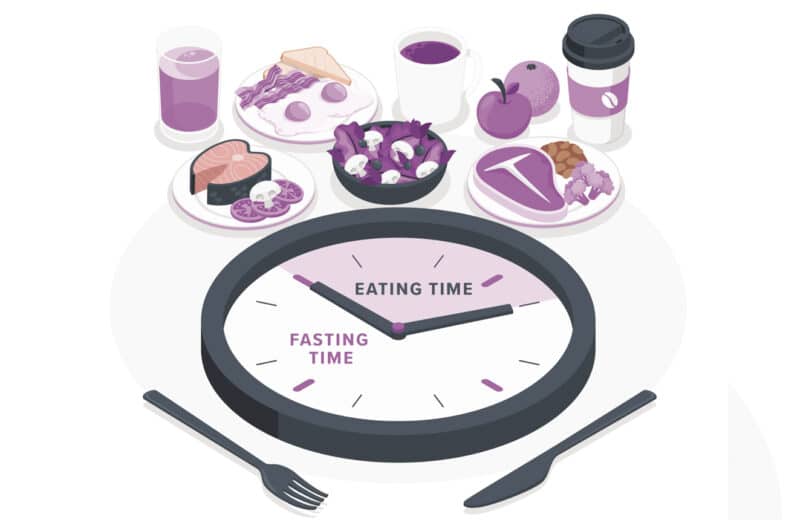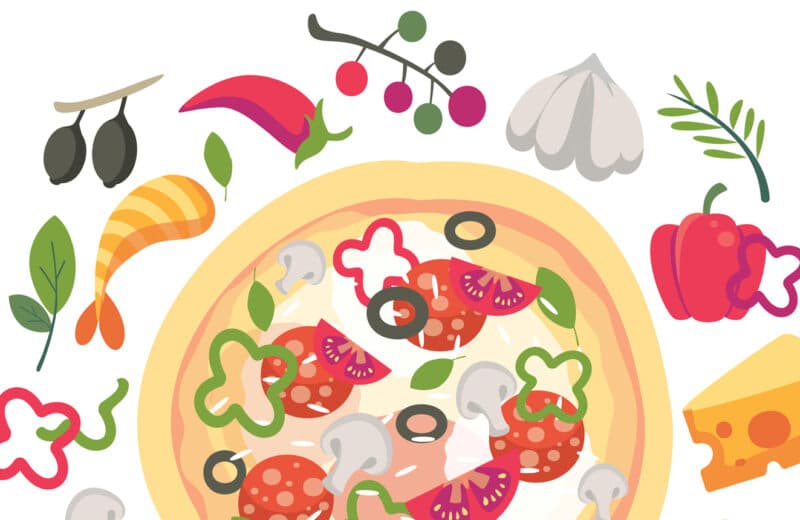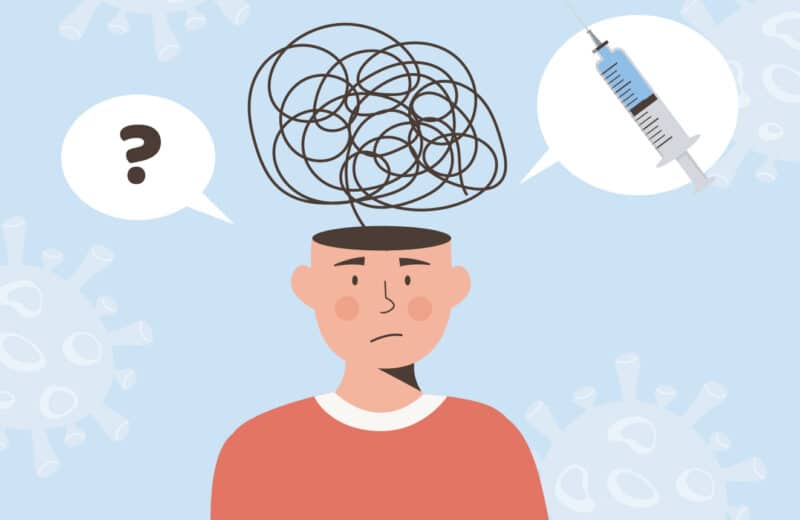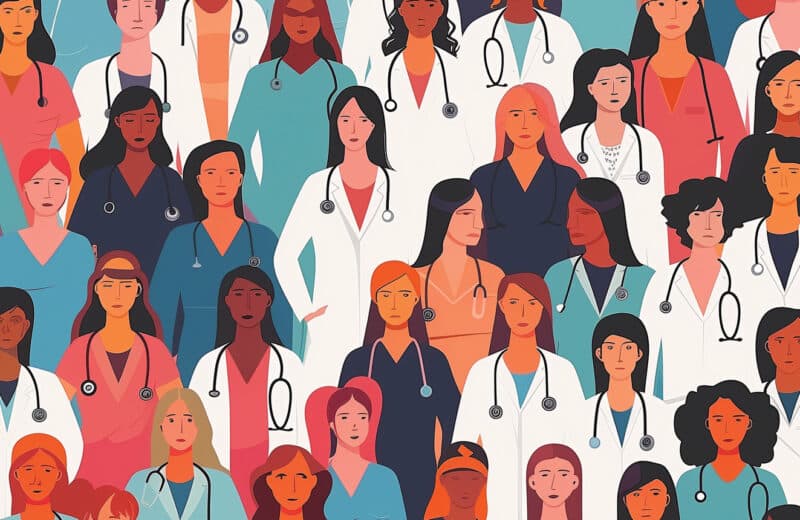How what you eat affects your mood
“You are what you eat” may seem like a casual saying, but, in fact, the foods we choose to consume can affect how we feel. While finishing off a pint of ice cream when you’re depressed, fatigued or irritable may seem like a perfect way to improve your mood, is it really?
“Sugar is known as a food that lifts your mood because it can increase dopamine, which is a neurotransmitter that makes us feel good,” says Geeta Maker-Clark, MD, an integrative medicine physician at NorthShore University HealthSystem, “Yet it’s very temporary, followed by a crash that comes soon after consuming the food [along with] guilt from having eaten it.”
“The food-as-medicine philosophy—using food to improve your well-being—is a passion of mine and the basis of my practice,” Maker-Clark explains.
For a more sustainable mood booster, she recommends choosing foods that have a long-lasting positive effect. Research shows that omega-3 fatty acids—found in plant-based foods including walnuts, flax seeds and avocados and also in fatty fish such as salmon—can help to alleviate the symptoms of depression.
Maker-Clark also recommends fresh vegetables, which can play a role in making people feel better and giving them more energy. “Vegetables contain antioxidants in large quantities that help the body scavenge free radicals that cause cellular damage. So in essence, when you eat a vegetable, you’re giving your body tools to fight off the effects of cellular damage, which can manifest itself as fatigue.”
Ellen Muhammad, RD, LDN, a registered dietitian-nutritionist at Rush University Medical Center, agrees that food choices may improve gloomy feelings.
“More and more research is showing evidence that diet may influence mood. That’s primarily because of the changes diet can potentially bring about in our brain structure both chemically and physiologically,” she says.
Many foods that may make you feel happier and more energized increase serotonin—the feel-good chemical—in the brain, including many lean and low-fat animal-based foods high in vitamin B12 like lean meat, poultry, cheese, cottage cheese, yogurt, dairy products, salmon, seafood and eggs.
Folate—an important B vitamin that’s necessary for the synthesis of serotonin—is found in foods such as lentils, oranges, broccoli, kale, spinach and other dark green leafy vegetables, Muhammad adds.
Also, foods with vitamin D can be instrumental in lifting the spirit, Muhammad says. Our bodies make vitamin D after sun exposure, but you can also obtain vitamin D from fortified sources including milk and cereals, as well as low-fat cheese, egg yolks, tuna and salmon.
Avoid simple carbohydrates like sweets, soda, pasta, white bread and other foods made with white flour, Maker-Clark says. “[These foods] increase the blood sugar quickly, which makes us feel better temporarily but then leaves us feeling low in mood, bloated and with digestive difficulties. Over time, this up-and-down mood can lead to increased feelings of depression and low energy,” she explains.
Complex carbohydrates such as whole grains, fruits and vegetables are good sources of beneficial fiber. “They assist in supplying the brain with the needed amino acid required to make serotonin. Also, complex carbohydrates digest slower, therefore controlling blood sugar spikes and crashes that could also contribute to mood changes,” Muhammad explains.
Possible “mood improving” snacks should consist of a lean or low-fat protein and a complex carbohydrate. Muhammad suggests low-fat yogurt topped with whole grain cereal or granola, half a turkey sandwich made with whole grain bread, low-fat cottage cheese and fruit, or hummus and raw vegetables.
The right food choices can help you be in control of how you feel, Maker-Clark says. But it’s important to remember to slow down and savor the food.
“We tend to consume food on our own, on the go in our cars, or at our desk because of the fast pace of modern life,” Maker-Clark says. “But we must remember that food is an expression of caring, culture, faith and togetherness; this is the essence of what it means to eat.”
NorthShore University HealthSystem is hosting a Food as Medicine Symposium, chaired by Geeta Maker-Clark, MD, April 15, 8:30 a.m.-3:30 p.m., at Evanston Hospital, Frank Auditorium, 2650 Ridge Avenue, Evanston. Participants must register by April 14. NorthShore.org/FoodSymposium













